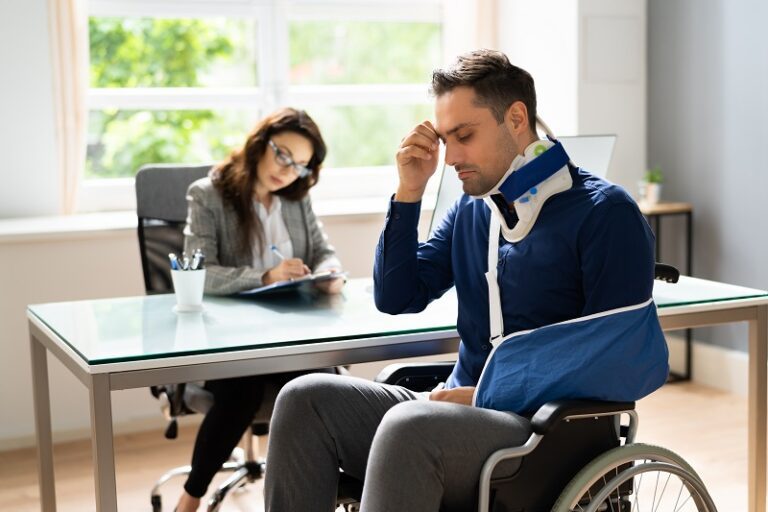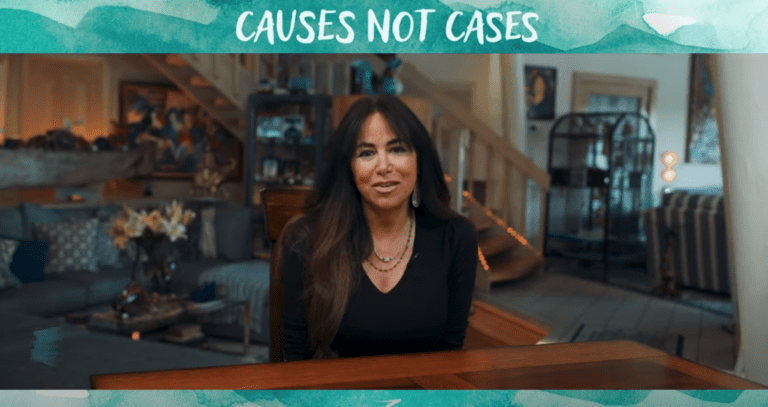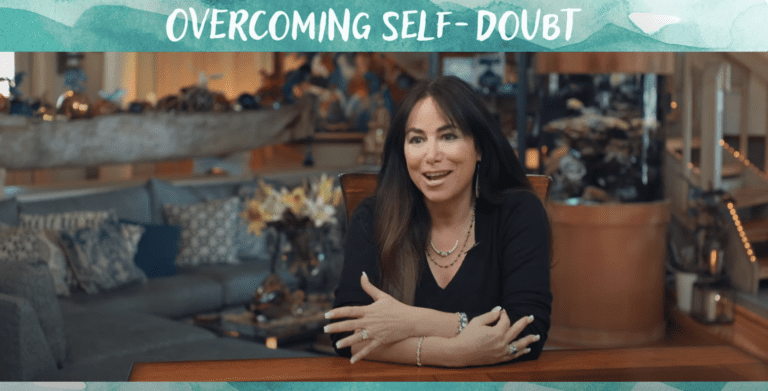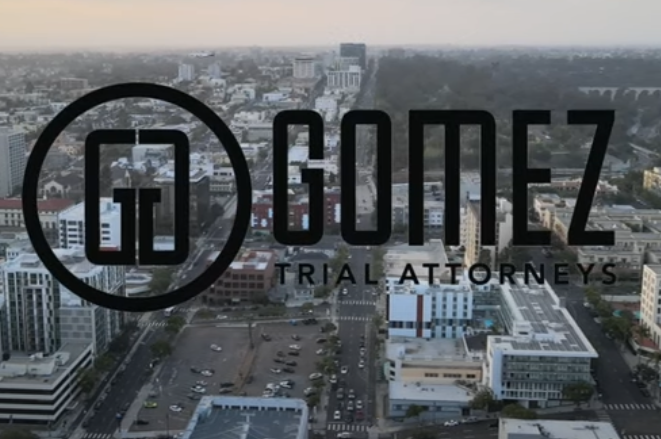Table of Contents
Contrary to a prevalent belief, a concussion — or a form of mild traumatic brain injury (TBI) — can occur without an outright blow to the head. In fact, any external force that leads to rapid movement of your brain inside your skull could potentially result in this condition.
Understanding concussions and their implications becomes critical within the realm of personal injury law, given that these injuries often result from vehicle accidents and falls caused by another person’s negligence. Experienced brain injury lawyers play indispensable roles in handling these matters.
Seeking Compensation After a Concussion
If your concussion was the result of another person’s negligence, you may be entitled to seek compensation for damages related to your injury. This compensation typically falls into three main categories:
- Economic damages. These are tangible costs associated with the injury and cover things like medical expenses (current and future), lost wages due to missed work, or any other out-of-pocket expenses related directly to the concussion.
- Non-economic damages. These are intangible costs that can’t simply be itemized or calculated on a straight dollar-for-dollar basis, such as pain and suffering and emotional distress caused by the accident.
- Punitive damages. Although not awarded in every case, punitive damages may apply if there was gross negligence or intentional misconduct associated with how you got injured; these awards aim at punishing wrongdoing instead of compensating for a victim’s defined losses.
Remember, every case is unique, and the amount or type of compensation you may receive depends on a range of factors, including severity of the injury and damages incurred. Consult with an experienced attorney who can advocate for your rights and help get you what you deserve.
Liability in Concussion Accident Cases
Determining responsibility or liability for your concussion largely depends on the circumstances surrounding the incident. Ultimately, you must prove that another party was negligent and caused your injuries. Here are a few scenarios where different parties could be held responsible:
Driver. If your concussion is a result of an auto accident and it’s shown that the other driver was at fault due to negligent actions such as speeding or reckless driving, then that driver may bear full responsibility for your injury and damages.
Someone’s employer. In cases of workplace accidents leading to concussions, employers can sometimes be held accountable if safety regulations weren’t maintained, training wasn’t provided, or negligent hiring practices were displayed. This is known as vicarious liability.
Product or part manufacturer. If your concussion arose from defective products (like malfunctioning airbags in a car crash), the manufacturer could potentially be held responsible. In such cases, liability rests on demonstrating that the product was faulty, and direct proof is required to link its failure with inflicted injuries.
This is known as product liability law.
Victim’s partial responsibility. In some scenarios, you might share part of the blame for your own injury. This is called comparative negligence. If it’s determined by an insurance company or the court that you were partially at fault for what happened, any compensation amount may be decreased proportionately according to your level of responsibility.
Specifically, California follows what’s known as pure comparative negligence. This means that a plaintiff can still recover damages even if they are up to 99% at fault for the accident.
For example, if you were determined to be 30% responsible for an accident resulting in your concussion and your total damages amounted to $100,000, you would have to reduce your final recovery by 30%. So, you’d receive $70,000 instead.
Navigating these types of legal situations can be tough; having professional assistance will ensure the appropriate strategies are adopted and your interests are protected.
Proving Negligence
To demonstrate negligence in a concussion case, you must be able to establish the following four key elements:
- First, you need to show that the defendant (the individual or entity accused) had an obligation or duty of care toward you, essentially meaning they were supposed to act with caution and safeguard your well-being. In a car accident scenario, for example, all drivers have a legal duty towards their fellow road users and must take caution to keep others around them safe.
- This necessitates showing proof that the established duty was indeed breached by the defendant, and that this breach fell below expected standards of care. This could include speeding or texting behind the wheel in a car accident claim.
- This element involves demonstrating a direct link between the defendant’s breach of duty and your head injury — that is, their irresponsible behavior resulted in the accident that caused your concussion. For example, a driver is texting and runs a red light, crashing into you.
- Finally, you need to provide evidence of the actual damages or harm you suffered as a result of this negligence — your medical bills, loss in earning capacity, or other losses stemming directly from the incident.
These elements collectively form the foundation in establishing negligence.
Evidence Used To Prove Negligence
Proving a personal injury case resulting from a head injury requires presenting substantial evidence that can effectively substantiate your claims. Here are several types of evidence often used:
Medical records. These records serve as one of the key pieces of proof to validate the severity and nature of your head injuries and can include detailed reports from examining physicians, diagnostic tests (like CT scans or MRIs), treatment plans, and progress notes.
Expert testimony. Opinions rendered by medical experts or other professionals in relevant fields could articulate precisely how the accident caused your concussion and the level to which it might affect future functionality.
Photographic evidence. Photos of the accident scene, your immediate injuries, or damaged vehicles could provide a solid visual record that supports your claim.
Witness statements. Witness statements can often play a crucial role in personal injury lawsuits. These are detailed accounts provided by individuals who happened to be present at the time of your accident. They can offer an unbiased recounting of events, as seen from their perspective, which might not otherwise be available to the court.
A witness could provide details about how the incident unfolded; for example, whether anyone seemed impaired or reckless leading up to it.
Police reports. A crucial piece of evidence used in concussion or personal injury cases is the police report. Following an accident, law enforcement typically generates such a report which meticulously records all pertinent details about the incident — where and when it took place, involved parties, apparent causes, and noted damages, including visible injuries to persons and properties.
Police reports can also include officer’s observations at the scene alongside statements provided by witnesses or involved parties. All of this can provide unbiased insights into the events as they unfolded.
FAQs
How do you know if you have a concussion?
Concussion symptoms can often be subtle and sometimes delayed, which makes their early detection quite challenging. Following an injury or accident that could potentially cause a concussion, several signs might begin to appear.
You may start experiencing headaches or feel pressure in your skull. This is typically the first sign of concussion manifesting itself. Along with it comes nausea and possible bouts of vomiting.
Additionally, balance problems can surface as a result of dizziness, double vision, or blurry eyesight. Persistent grogginess may also occur, which can make you feel sluggish and is often accompanied by cognitive difficulties, like trouble with memory and concentration.
Keep in mind that recognition of a concussion can be delayed because its signs and symptoms may not manifest immediately after the injury. Some individuals might appear perfectly fine initially, only for symptoms to emerge hours or even days later.
Do you have to hit your head to get a concussion?
People often wonder, “Can you get a TBI without hitting your head?” It’s a common misconception that concussions only result from direct hits to the head; the reality is different. A concussion is a type of traumatic brain injury (TBI) provoked by an external force that causes your brain to move rapidly back and forth. This rapid motion can make your brain twist or bounce around in your skull, leading to chemical changes in its structure and potential damage and swelling.
This doesn’t always require a direct blow; any high impact or sudden jolt could potentially cause these movements within the skull cavity.
What are some common causes of concussions without hitting your head?
Not all concussions are caused by direct hits to the head. Here are some other scenarios that can result in this kind of injury:
Motor vehicle accidents. During vehicular accidents, specifically front- and rear-end collisions, you could get concussed even without directly hitting your head on any surface like the steering wheel or dashboard.
This happens because sudden deceleration or acceleration during such incidents makes your brain rapidly move within your skull; these forces can be significant enough to result in concussion.
Falls. When you slip or fall, your body could experience a forceful impact without your head necessarily having direct contact with the ground. For instance, during a high-impact fall on hard surfaces within construction sites, the force could cause your brain to bounce back and forth inside the skull, leading to a concussion.
Participation in sports. Concussions are quite common in high-impact or contact sports such as football, soccer, and hockey. These injuries could occur even without clear head impacts, for instance, due to a violent shake during a tackle or an abrupt change in direction, causing your brain to collide with the inside of your skull.
Exposure to explosions or blasts. Construction workers or military personnel are often around loud explosions that generate powerful forces. These could lead one’s head to jolt suddenly, causing similar rapid brain movement as with physical impacts.
Can you get a concussion from whiplash?
Are you wondering, “Can you get a concussion without hitting your head, like from whiplash? The answer is yes; it is possible to get a concussion from whiplash. Whiplash predominantly affects your neck as it typically occurs due to sudden acceleration-deceleration force that causes rapid forward and backward movement of the head. This can sometimes lead to brain injury, such as a concussion, because this swift motion can cause your brain to bounce or twist in the skull, potentially damaging its cells and creating chemical changes within.
How long do concussion symptoms last?
The majority of concussion symptoms typically resolve within a few days to a couple of weeks post-injury. However, it’s crucial to remember that each individual is unique, and so can be their healing timelines.
During this recovery phase, the cornerstone of treatment involves adequate mental and physical rest. The brain needs time to heal; overexertion should therefore be avoided as much as possible during these early stages.
Subsequent management includes careful reintroduction of regular activities into daily schedules in a graduated manner. Remember not to rush back into routine activity, especially if it’s physically demanding or requires extensive concentration.
Contact Gomez Trial Attorneys for Help With Your Concussion Claim
Should you find yourself grappling with a concussion resulting from someone else’s negligence, remember that you don’t need to navigate this challenging path alone. The team at Gomez Trial Attorneys stands ready to assist you in your pursuit of justice. For help with your claim, contact us today for a free consultation by calling 619-237-3490 or by contacting us online.







